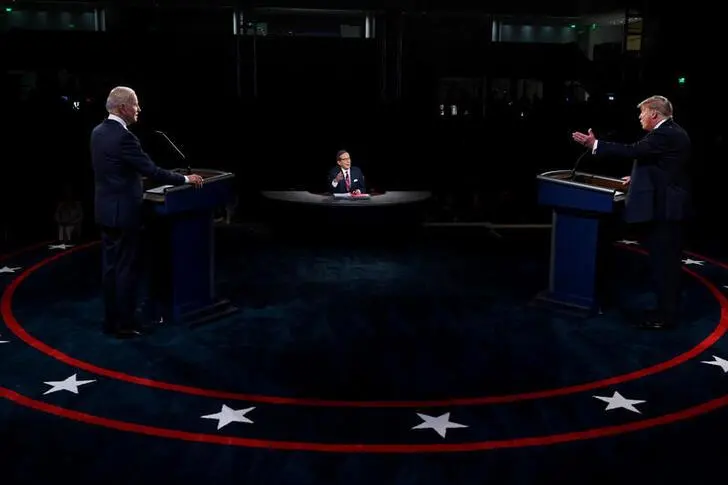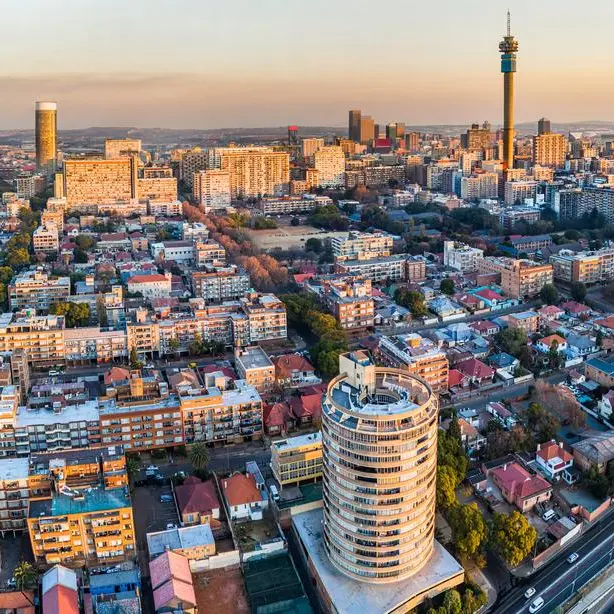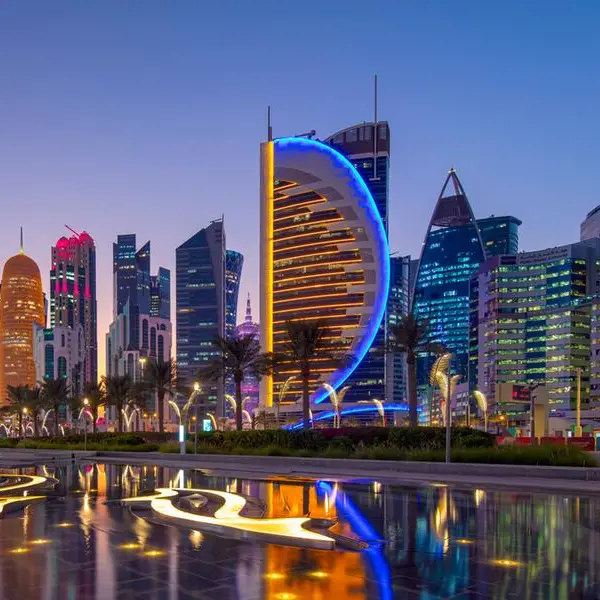PHOTO
If Joe Biden ascends to the office of US President after the November 2020 elections, analysts believe he will not make significant changes to American policy vis-a-vis the Gulf Cooperation Council (GCC) nations.
The majority of investors in the UAE expect Joe Biden to beat Donald Trump in the upcoming US election in November 2020, according to a study conducted by Swiss bank UBS.
Suresh Kumar, Chairman of the Indian Business Professional Council, expects a Democrat victory to be generally good for business and investments in the GCC and described a strong economic and security relationship between the GCC and the US.
“There is almost an element of inter-dependency,” he said. “This is unlikely to change should Biden become president. The US government, irrespective of whether it is Democrat or Republican, will look at how best it serves American business interests first. If [it does], they will be supportive and may even take additional enabling measures to give it some momentum.”
One of Trump’s main agendas when he ran for office in 2016 was his “America First” doctrine, under which he pulled the US out of many multilateral trade agreements and “weaponized” tariffs in an attempt to gain advantages for domestic industries. While there is no clear signal from the Biden camp that he might dismantle such a policy, the former vice-president has also pledged to restore American manufacturing jobs through tax increases on companies that shift jobs overseas and tax incentives for those that help create jobs.
“Irrespective of who the next US president is, American business and investment relations with the GCC countries are likely to expand,” Walid Namane, analyst at Emerging Markets Intelligence & Research, a Dubai-based advisory firm, told Zawya. “In fact, for Washington, the Gulf will remain a vital region not only for economic reasons but also due to geopolitical and security considerations.”
POST-PANDEMIC WORLD
The exigencies of a post-pandemic world could also force nations to be more inward-looking as their governments try to ensure growth and economic recovery.
Kumar observed, “In the post-COVID-19 scenario, all governments will support their businesses to not just return to the status quo in terms of business contacts with the rest of the world but will want increasing market share to recreate jobs that were lost during the pandemic.”
In the post-pandemic era, Namane expects Saudi Arabia and the UAE to remain attractive to US firms thanks to their political stability, sophisticated healthcare systems, fiscal resilience and regulatory reforms.
“Expect the next US administration to also play a part in Riyadh and Abu Dhabi’s plans to step up food security. COVID-19 disruptions to supply chains have made food security a top priority for both governments. Expect Riyadh and Abu Dhabi to allocate major investments in agronomy activities in the next few years,” Namane said.
The next US administration will encourage more American high-tech companies to enter the Saudi and UAE markets to tap opportunities offered by digital transformation of their economies, he added.
U.S.–CHINA TRADE WARS
With regard to China, Kumar said much would depend on how the Asian giant proceeds with its stance on issues related to the South China Sea and US–China trade negotiations, where the US has gained a significant advantage. “The new president, whether Biden or Trump, will want to build on those gains, because post-COVID, the overriding priorities will be creating jobs and bringing the economy back on track. So this would not be the time for tipping the scales in any manner.”
Michael Bolliger, Chief Investment Officer, Emerging Markets, at UBS Global Wealth Management, says that disputes with China are likely to persist, but Biden will address them through more structured, rule-based means. Regardless of the outcome, GCC members will be able to “present themselves as an attractive destination for companies seeking to diversify their supply chains.”
IRAN AND ENERGY POLICY
Analysts also think it is possible that that US could re-enter the Iran nuclear deal that Trump abrogated, perhaps even lift some of the sanctions currently imposed on the GCC’s neighbour.
“However, I expect Biden to have a dialogue with GCC governments and take their concerns into account before any removal of sanctions,” said Kumar. Much would also depend upon how the Iranians respond to US demands that they play a more constructive role going forward and not create any geopolitical conflicts.
“GCC businesses’ engagement with American markets and businessmen will continue as before irrespective of what policy the US follows vis-a-vis Iran. The US cannot ignore that it has a much greater and mutually beneficial relationship with the GCC than with Iran,” he said.
Namane said he expect Biden’s foreign policy to use multilateral mechanisms to solve the world’s most urgent challenges. “At the regional level, the US will shift from Trump’s maximum-pressure policy on Iran. Biden is in favour of rejoining the nuclear deal with Iran if the latter complies with the deal’s obligations.”
(Reporting by Brinda Darasha, editing by Seban Scaria)
Disclaimer: This article is provided for informational purposes only. The content does not provide tax, legal or investment advice or opinion regarding the suitability, value or profitability of any particular security, portfolio or investment strategy. Read our full disclaimer policy here.
© ZAWYA 2020





















